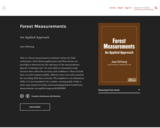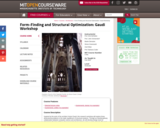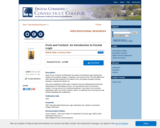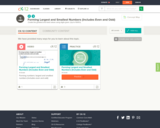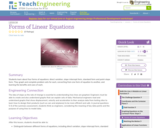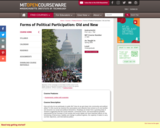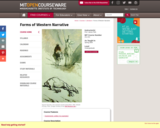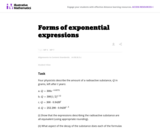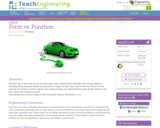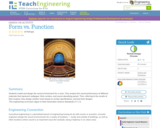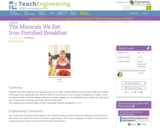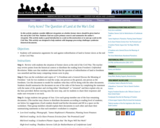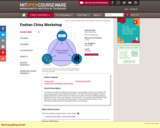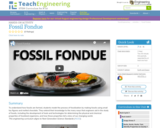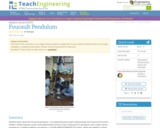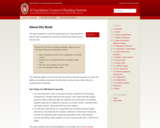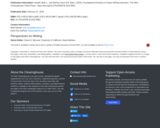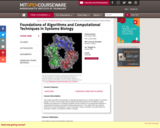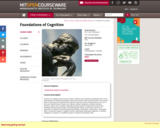Foundations of Academic Success: Words of Wisdom (FAS: WoW) introduces you to the various aspects of student and academic life on campus and prepares you to thrive as a successful college student (since there is a difference between a college student and a successful college student). Each section of FAS: WoW is framed by self-authored, true-to-life short stories from actual State University of New York (SUNY) students, employees, and alumni. The advice they share includes a variety of techniques to help you cope with the demands of college. The lessons learned are meant to enlarge your awareness of self with respect to your academic and personal goals and assist you to gain the necessary skills to succeed in college.
Table of Contents:
Part One: YOUR Solid Foundation
The Student Experience by Kristen Mruk
Practice, Practice, Practice by Dr. Kristine Duffy
Why So Many Questions? by Fatima Rodriguez Johnson
These Are the Best Years of Your Life by Sara Vacin
With a Little Help from My Friends by Paulo Fernandes
Part Two: YOU Are the President and CEO of YOU
Can You Listen to Yourself? by Yuki Sasao
Failure Is Not an Option by Nathan Wallace
Thinking Critically and Creatively by Dr. Andrew Robert Baker
Time Is on Your Side by Christopher L. Hockey
What Do You Enjoy Studying? by Dr. Patricia Munsch
Part Three: The Future YOU
Fighting for My Future Now by Amie Bernstein
Something Was Different by Jacqueline Tiermini
Transferrable by Vicki L. Brown
It’s Like Online Dating by Jackie Vetrano
Learn What You Don’t Want by Jamie Edwards
